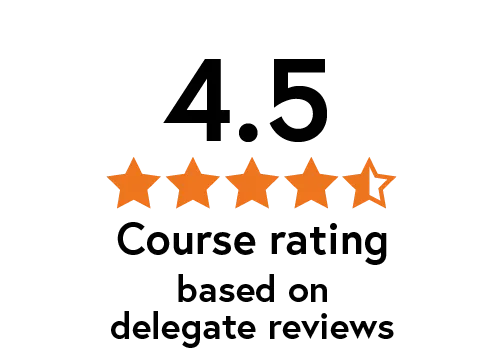
High Voltage Engineering and Testing training course
Please register your interest for our 2025 course, dates to be announced shortly.
Date and location
2025: date to be confirmed
IET Member
To be confirmed
Non-member:
To be confirmed
HVET is the only training course of its kind, providing information and insight into the methods, techniques and technologies within the high voltage testing and transmission engineering industry.
From the basics of high voltage power systems, to more advanced methodology and practice, the course covers individual components and fundamental aspects of high voltage testing techniques both in the classroom and in an active high voltage testing lab.
You’ll gain expert tuition from engineering practitioners and learn through interactive sessions, industrial experiences and case studies. All attendees also receive a digital copy of High-Voltage Engineering and Testing, 3rd edition as part of their registration.

At a glance
Duration: three days
CPD hours: 26
UK-SPEC: A, B, E
UK-SPEC competencies: A, B and E
Competence A: Knowledge and understanding
For Chartered Engineers: “use a combination of general and specialist engineering knowledge and understanding to optimise the application of advanced and complex systems.”
For Incorporated Engineers: “Use a combination of general and specialist engineering knowledge and understanding to apply existing and emerging technology”
For Engineering Technicians: “Use engineering knowledge and understanding to apply technical and practical skills.”
Competence B: Design, development and solving engineering problems
For Chartered Engineers: “apply appropriate theoretical and practical methods to analyse and solve engineering problems.”
For Incorporated Engineers: “apply appropriate theoretical and practical methods to design, develop, manufacture, construct, commission, operate, maintain, decommission and recycle engineering processes, systems, services and products.”
For Engineering Technicians: “shall contribute to the design, development, manufacture, construction, commissioning, decommissioning, operation or maintenance of products, equipment, processes, systems or services”
Competence E: Professional commitment
For Chartered & Incorporated Engineers: “demonstrate a personal commitment to professional standards, recognising obligations to society, the profession and the environment.”
Engineering Technicians: “shall demonstrate a personal commitment to an appropriate code of professional conduct, recognising obligations to society, the profession and the environment.”
Don't just take our word for it…
"Probably the most I have learnt in a week technically. Was a good use of a week!"
"Would certainly recommend this course as it gives you a good overview of the latest developments in industry and where the UK power industry is headed."
"Enjoyed the course, good content and learning opportunity."
"Solid engineering knowledge, practical application, variety of subjects, an amazing experience."




